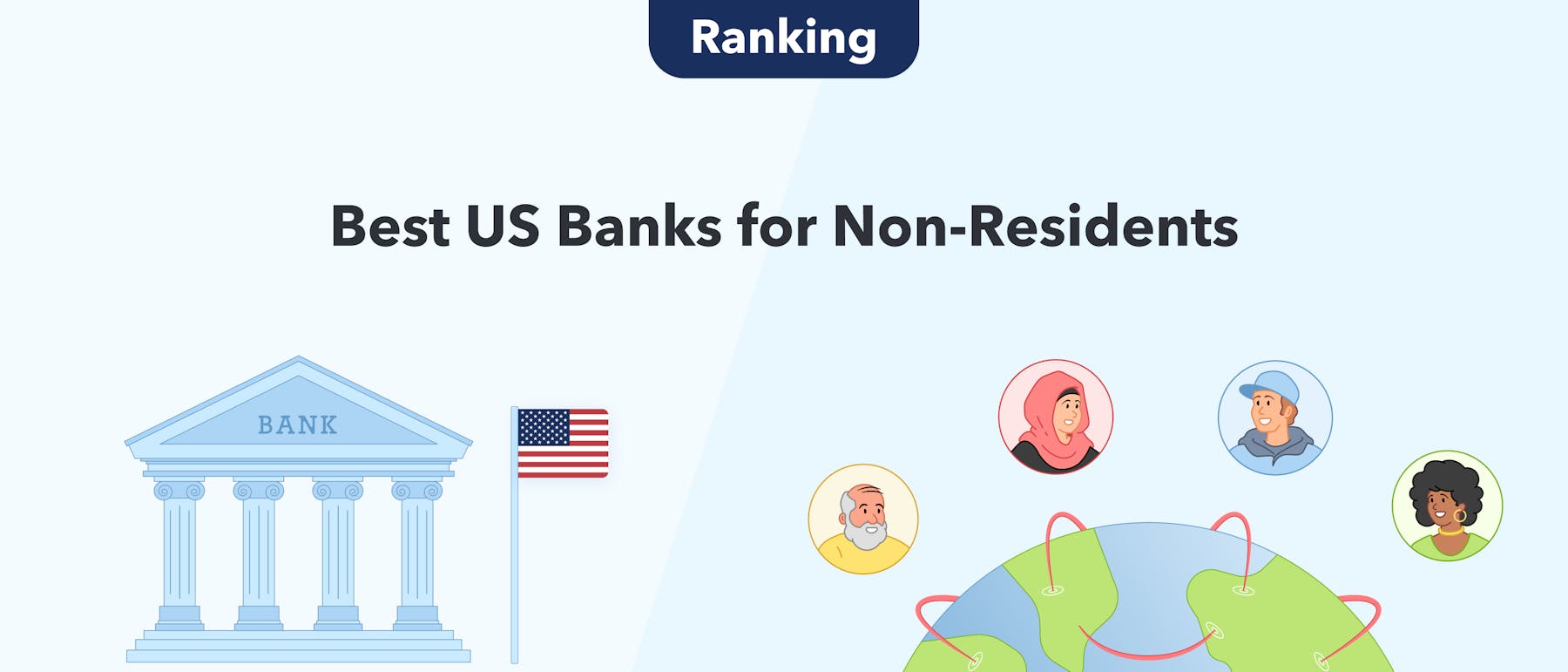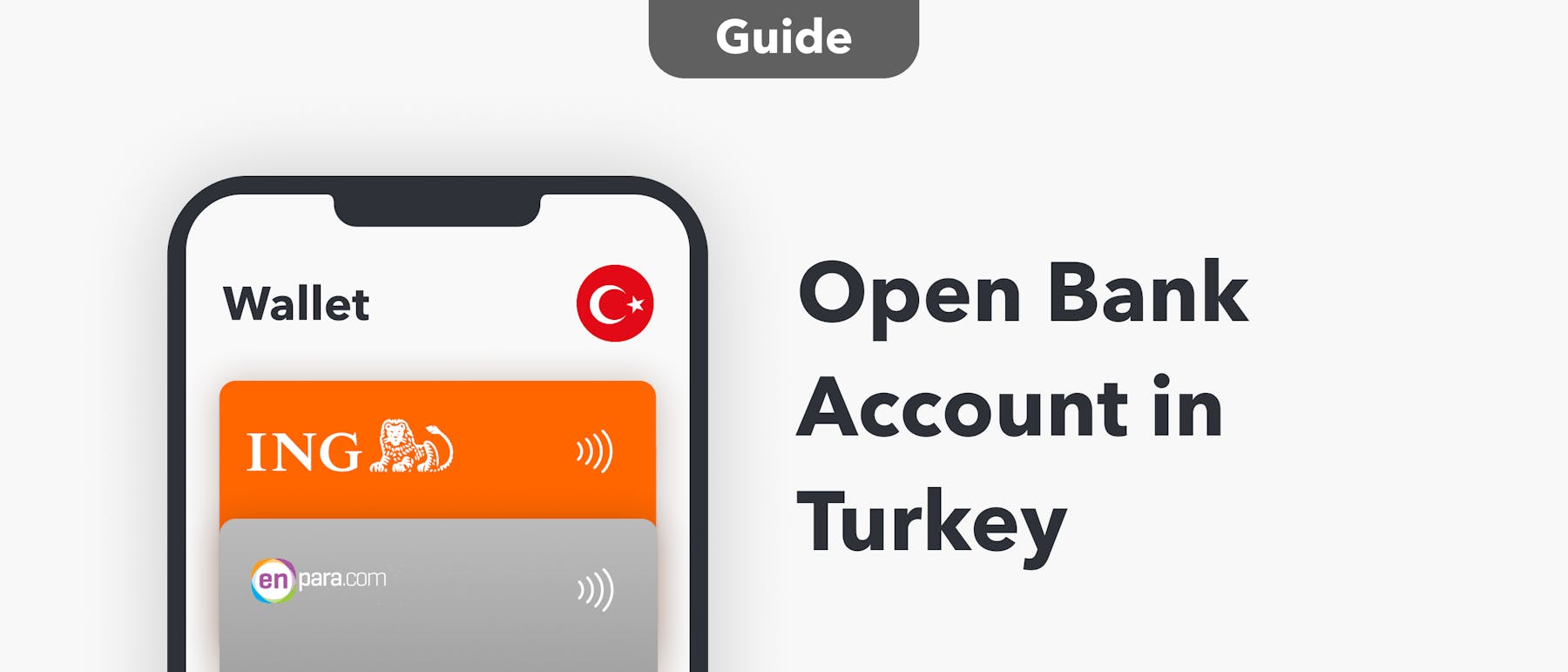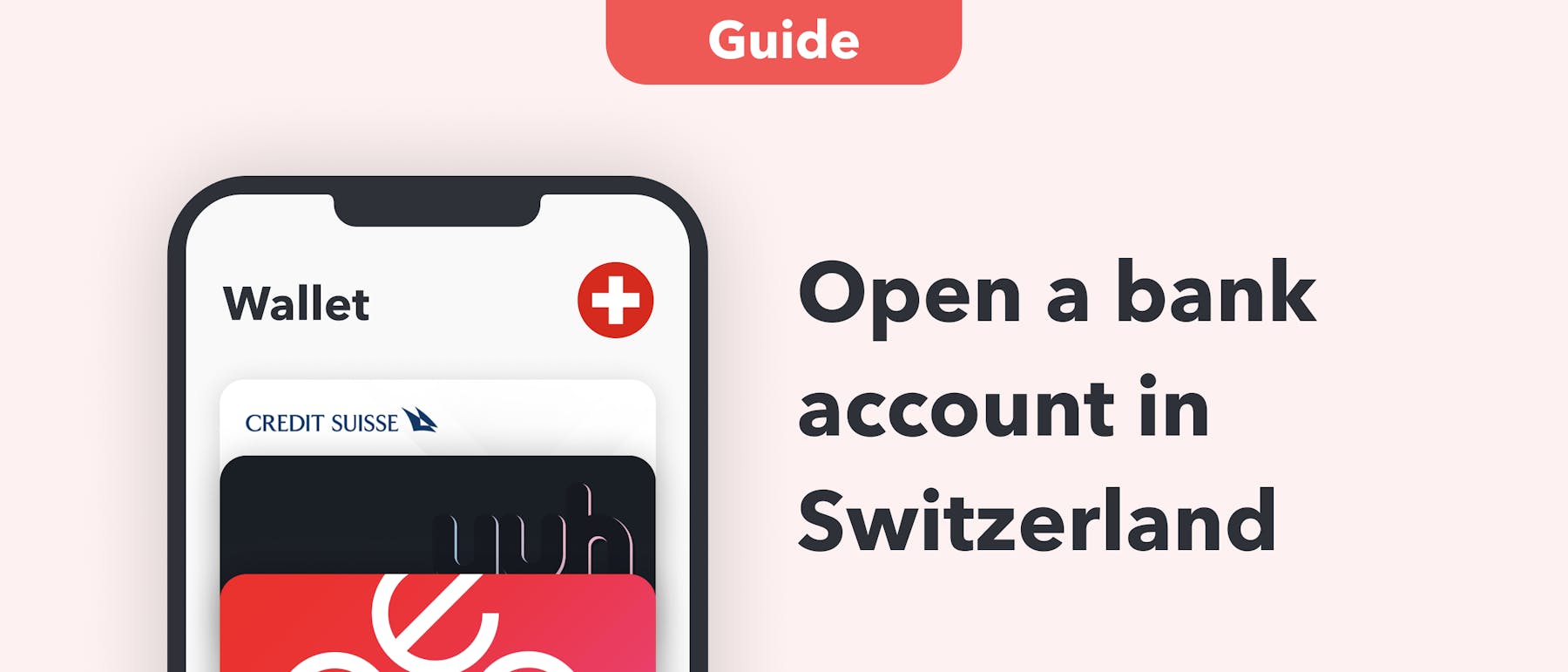- Languages English +21
- Country availability Austria +37
- Services Multi-currency account
- Monthly fee Very low
- Card delivery time Mid
- Best for Spending while abroad
- Bank details Euro IBAN +11
- Supported currencies US dollar +50
- Overdraft No
- Annual interest rate Very low
- Supports cash deposits No
- International transfers Yes
Comparing Swiss Bank Alternatives
To get a better picture of how high-street Swiss banks compare to challenger banks and online-only bank-like products, take a look at how the Wise Account, Revolut, and neon compare to Valiant, one of the traditional Swiss banks listed above:
Valiant | ||||
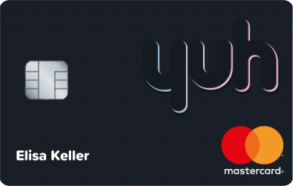 | 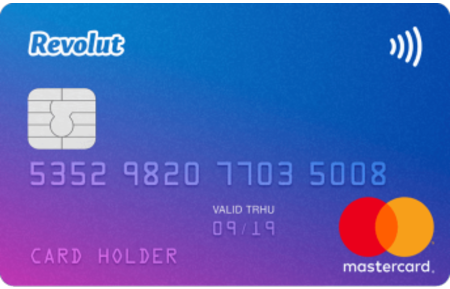 | 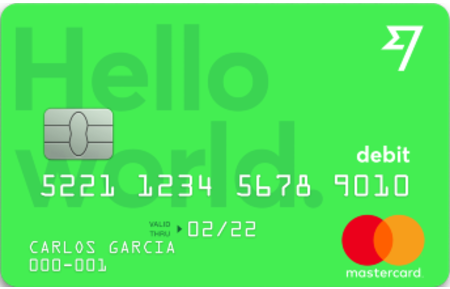 |  | |
Swiss IBAN | ✔ | ✘ | ✘ | ✔ |
Languages |
|
|
|
|
Currencies | CHF | CHF and 27 others | CHF and 50+ others | CHF, EUR, others on request |
Platforms | Mobile app | Mobile app | Mobile app, online | Mobile app, online, in-person |
Opening Fee | CHF 0 | CHF 0 | CHF 0 | CHF 0 |
Management Fee | CHF 0 | CHF 0 | CHF 0 | CHF 578 /year |
Card Type | Mastercard | Mastercard | Mastercard | Various |
Top-up Fee | 0 | 0 | 0 | 1% (debit Mastercard) |
Currency Exchange | 0.0095 |
| 0.3% - 1% | 0.0175 |
Withdrawal Fee |
|
|
| 4% (min. CHF 10 or €10) |
Closing Fee | CHF 0 | CHF 0 | CHF 0 | CHF 15 |
| Go to Yuh ❯ | Go to Revolut ❯ | Go to Wise ❯ | Go to Valiant |
Last updated: 30/11/2022
FAQ About Opening a Bank Account Online in Switzerland
Why You Can Trust Monito

Our recommendations are built on rock-solid experience.
- We've reviewed 70+ digital finance apps and online banks
- We've made 100's of card transactions
- Our writers have been testing providers since 2013
Compare Top Online Banks in Switzerland
- Overall Monito Score
- Trust & Credibility
- Service & Quality
- Wise Multi-Currency Account Monito Score 8.9
- Yuh Monito Score 8.6
- Languages German +3
- Country availability Switzerland +5
- Services All-in-one finance app +1
- Monthly fee Very low
- Card delivery time Fast
- Best for Trading stocks or cryptos
- Bank details Swiss IBAN
- Supported currencies Swiss franc +12
- Overdraft No
- Annual interest rate Low
- Supports cash deposits No
- International transfers Yes
- Languages
- Revolut Monito Score 8.6
- Languages English +20
- Country availability Austria +35
- Services All-in-one finance app
- Monthly fee Very low
- Card delivery time Mid
- Best for Spending online +1
- Bank details UK account no. & sort code +1
- Supported currencies United Arab Emirates dirham +26
- Overdraft Yes
- Annual interest rate Very low
- Supports cash deposits No
- International transfers Yes
- Languages
Non-Resident Bank Accounts in Switzerland vs Other Countries
Many countries allow non-residents to open a bank account within their legal jurisdictions, but exactly what kind of requirements non-residents face can differ drastically from country to country and even bank to bank. See the list below to get a better idea of this:
Country | Which non-residents can open an account? |
|---|---|
Parties with close ties, expats, immigrants, investors, students | |
Any interested party | |
Parties with close ties | |
Parties with close ties, investors, students | |
Parties with close ties, Investors | |
Investors only | |
Parties with close ties, investors, students | |
Parties with close ties, investors, expats, students | |
Parties with close ties, investors | |
Parties with close ties, investors | |
Parties with close ties, investors | |
Parties with close ties, investors | |
Parties with close ties, investors | |
Parties with close ties, investors | |
Any interested party | |
Parties with close ties, investors | |
Investors only | |
Investors only | |
Parties with close ties, investors, expats | |
Parties with close ties, investors, expats | |
Any interested party |
Last updated: 18/2/2022
Other Banking Guides for Non-Residents







